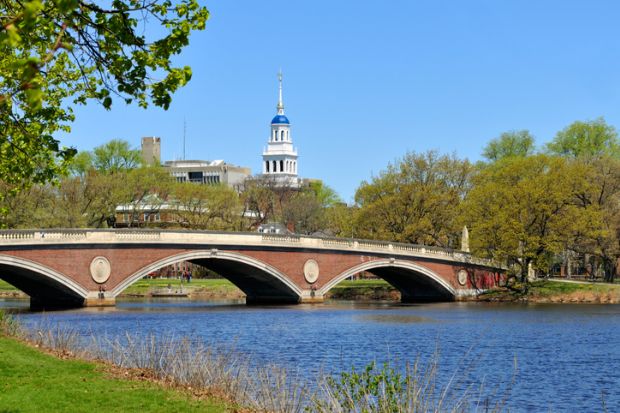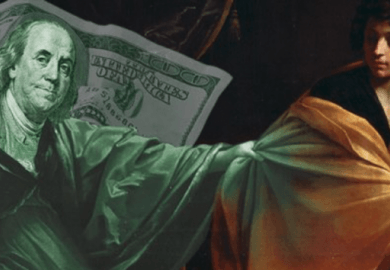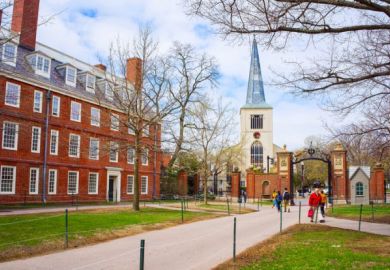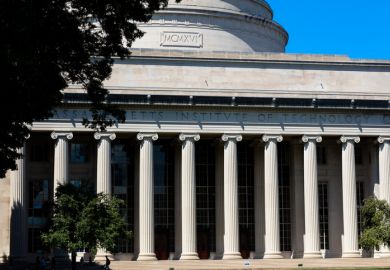Jeffrey Epstein had substantial and enduring official ties to Harvard University - including his own campus office and phone number - long after the financier's arrest on charges of sexually assaulting young girls.
Epstein, who died last August in an apparent jail cell suicide, enjoyed the benefits largely through a powerful faculty member who used university resources to help bolster Epstein's post-conviction reputation.
Harvard announced the findings in concluding an investigation designed to explain a two-decade relationship in which the former prep-school teacher turned Wall Street banker donated more than $9 million (£7 million) to the Ivy League institution
Harvard President Lawrence Bacow said in a statement to the university community that the report points out "institutional and individual shortcomings that must be addressed."
Most of Epstein's gifts to Harvard occurred before his 2008 guilty plea in Florida to a charge of soliciting a minor for prostitution, and were acknowledged months ago by Harvard in an initial summary of findings.
The university's full report adds details that include the extensive aid that continued to be provided to Mr Epstein, led largely by Martin Nowak, a professor of mathematics and of biology.
Along with supplying the office, phone number and building access, Professor Nowak used his position as director of the Programme for Evolutionary Dynamics research group to publish flattering descriptions of Epstein as a science philanthropist, according to the report.
Harvard placed Professor Nowak on paid administrative leave as it released this month's report on the investigation. He will finish teaching his math class for the current semester, a Harvard spokeswoman said.
Epstein was granted the title of visiting fellow at Harvard in 2005, then withdrew from the position after his arrest in 2006.
Drew Faust, as Harvard's president at the time of Mr Epstein's 2008 guilty plea, banned any further donations from Epstein.
But some university faculty and administrators including Professor Nowak persisted in trying, the report found, in what may have been deliberate attempts to circumvent Harvard's official stance. Epstein was allowed on campus more than 40 times after his 2009 release from jail, hosting dinners and meeting academic and political leaders, the report said.
Such relationships did not necessarily violate university policy, the report said.
Epstein's access to Harvard continued into 2018, the year the Miami Herald detailed the political connections behind his lenient legal treatment in 2008. Epstein was subsequently jailed on new federal charges, and he died by hanging in his cell.
In releasing the report, Dr Bacow said Harvard would donate about $200,000 of the money it received from Mr Epstein to groups that work with sexual assault victims. Harvard had long insisted it would keep all of Epstein's gifts.
Harvard's elite neighbor, the Massachusetts Institute of Technology, issued its own report in January on its ties to Epstein. MIT's tally included $850,000 in gifts, at least nine campus visits, and the resignation of Joi Ito as director of MIT's renowned Media Lab after he was found to have helped arrange and hide Epstein's donations and contacts.
Register to continue
Why register?
- Registration is free and only takes a moment
- Once registered, you can read 3 articles a month
- Sign up for our newsletter
Subscribe
Or subscribe for unlimited access to:
- Unlimited access to news, views, insights & reviews
- Digital editions
- Digital access to THE’s university and college rankings analysis
Already registered or a current subscriber?








